Premium Only Content
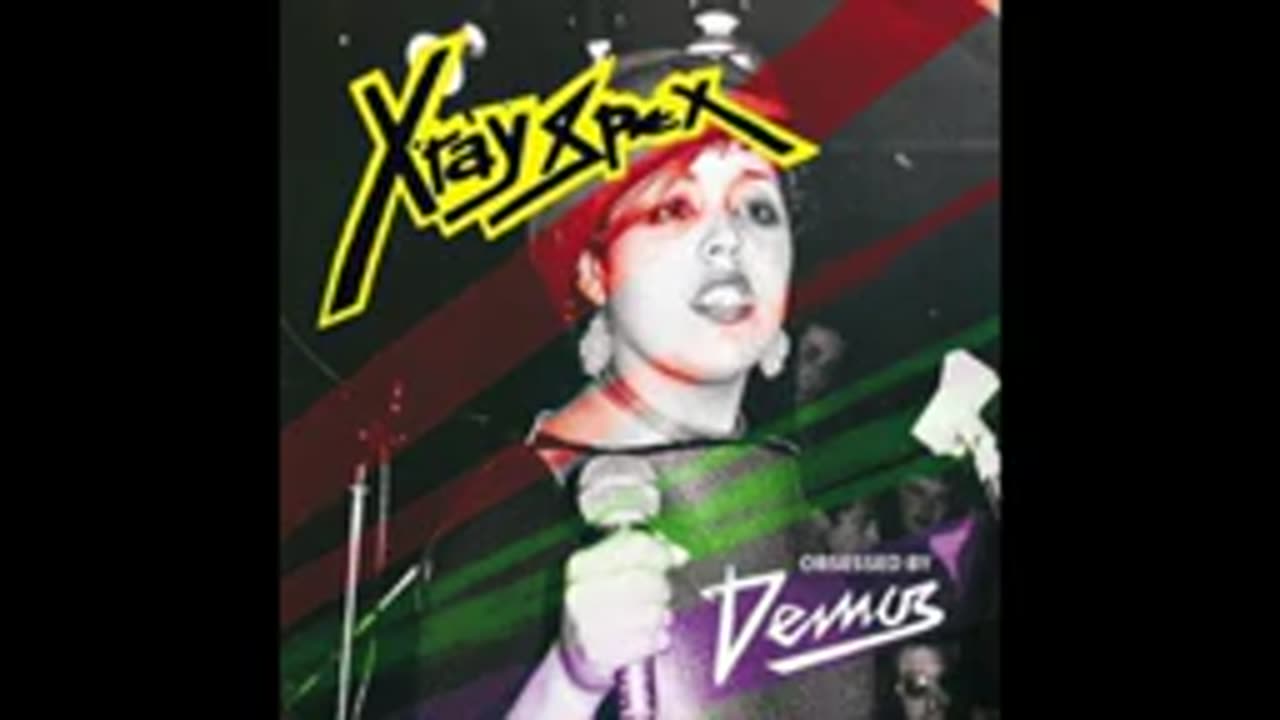
X-RAY SPEX
------------------------------------------
WHY NOT SUPPORT THE CHANNEL BY BUYING ME A COFFEE AT
Ko-fi.com/punkrocknineteenseventies
------------------------------------------------------------
CHECK OUT MY YOUTUBE CHANNEL @punkrockuk1970s AND LIKE AND SUBSCRIBE, IT'S ALL FREE.
--------------------------------------------------------------
BEFORE YOU START READING PLEASE CAN YOU LIKE AND FOLLOW MY CHANNEL. IT WILL HELP GETTING MORE CONTENT TO THE CHANNEL, ENJOY.
—---------------------------------------------------------------
John Robert Parker Ravenscroft OBE (30 August 1939 – 25 October 2004), better known as John Peel, was an English radio presenter and journalist. He was the longest-serving of the original disc jockeys on BBC Radio 1, broadcasting regularly from 1967 until his death in 2004.
Peel was one of the first broadcasters to play psychedelic rock and progressive rock records on British radio. He is widely acknowledged for promoting artists of many genres, including pop, dub reggae, punk rock and post-punk, electronic music and dance music, indie rock, extreme metal and British hip hop. Fellow DJ Paul Gambaccini described Peel as "the most important single person in popular music from approximately 1967 through 1978. He broke more important artists than any individual."[1]
Peel's Radio 1 shows were notable for the regular "Peel Sessions", which usually consisted of four songs recorded by an artist in the BBC's studios, often providing the first major national coverage to bands that later achieved fame. The annual Festive Fifty countdown of his listeners' favourite records of the year was a notable part of his promotion of new music.
—----------------------------------------------------------------------
X-Ray Spex were an English punk rock band formed in 1976 in London.
During their first incarnation (1976–1979), X-Ray Spex released five singles and one album.[1] Their 1977 single "Oh Bondage Up Yours!" and 1978 debut album Germfree Adolescents are widely acclaimed as classic punk releases.[sources 1] The band has briefly reformed several times in the 1990s and 2000s.
Career
Initially, the band featured singer Poly Styrene (born Marion[11] Joan Elliott-Said) (alternatively spelled Marian[12] or Marianne[13]) on vocals, Jak Airport (Jack Stafford) on guitars, Paul Dean on bass, Paul 'B. P.' Hurding on drums, and Lora Logic (born Susan Whitby) on saxophone. This last instrument was an atypical addition to the standard punk instrumental line-up,[14] and became one of the group's most distinctive features. Logic played on only one of the band's records. As she was only fifteen, playing saxophone was a hobby and she left the band to complete her education.[15]
X-Ray Spex's other distinctive musical element was Poly Styrene's voice, which has been variously described as "effervescently discordant"[16] and "powerful enough to drill holes through sheet metal".[17] As Mari Elliot, Styrene had released a reggae single for GTO Records in 1976, "Silly Billy", which had not charted. Born in 1957 in Bromley, Kent, to a Somali father and a British mother, Poly Styrene became the group's public face, and remains one of the most memorable front-women to emerge from the punk movement.[18] Unorthodox in appearance, she wore thick braces on her teeth and once stated that "I said that I wasn't a sex symbol and that if anybody tried to make me one I'd shave my head tomorrow".[19] She later actually did at Johnny Rotten's flat prior to a concert at Victoria Park. Mark Paytress recounts in the liner notes for the 2002 compilation, The Anthology, that Jah Wobble, Rotten's longtime friend and bassist for his post-punk venture PiL, once described Styrene as a "strange girl who often talked of hallucinating. She freaked John out."[20] Rotten, known more for his outspoken dislikes and disdain than for praise and admiration, said of X-Ray Spex in a retrospective punk documentary, "Them, they came out with a sound and attitude and a whole energy—it was just not relating to anything around it—superb."[21]
Styrene was inspired to form a band by seeing the Sex Pistols in Hastings and, through their live performances, she and X-Ray Spex became one of the most talked about acts on the infant punk scene.[22] The band played twice at the punk club The Roxy during its first 100 days. In March, the band played with The Drones and Chelsea. In April, they shared the bill with the Buzzcocks, Wire, and Johnny Moped.[23] Their first Roxy gig was only their second live appearance. It was recorded and their anthem "Oh Bondage Up Yours!" was included on the influential Live at the Roxy WC2 album. Styrene was nineteen years old at the time of the recording.[24] The publicity from this gig led to a "near residency", particularly on Sunday nights, at 'The Man in the Moon' pub, King's Road, Chelsea, and record label interest.[25]
In late September 1977, a studio recording of "Oh Bondage Up Yours!" was released as a single. Today, the 45 is regarded as their most enduring artefact, both as a piece of music and as a sort of proto-grrrl catchphrase.[26][27] Opening with the spoken/screamed line, "Some people think little girls should be seen and not heard but I think—oh, bondage, up yours!", the song could be interpreted as a premonition of the riot grrrl movement 15 years later, although Styrene herself insists it was more intended as an anti-consumerist/anti-capitalist jingle, and was not exclusively feminist in nature.
Lora Logic left the band aged 16 in late 1977 to form a new group called Essential Logic. She was replaced on saxophone, first temporarily by John Glyn (who later joined Wreckless Eric's band), and then permanently by Rudi Thompson (also known as Steve Rudi).[28]
In November 1978, the band released their debut album. With the exception of "Identity", which was partially based on Styrene witnessing Bromley Contingent member Tracie O'Keefe slash her wrists in the restroom of the Roxy, the rest of Germfree Adolescents dealt with the anti consumerist theme.[29] Indeed, The Guardian newspaper described the album as containing "unrivalled anti-consumerism anthems".[30]
X-Ray Spex played at 'Front Row Festival', a three-week event at the Hope and Anchor, Islington in late November and early December 1977.[24] This resulted in the band's inclusion, alongside the likes of Wilko Johnson, 999, The Only Ones, the Saints, The Stranglers, and XTC, on a double album of recordings from the festival. Then, in February 1978, before the release of their second single, X-Ray Spex recorded the first of two sessions for John Peel at BBC Radio 1.[31] Their profile was further enhanced by playing a fortnight's residency at New York's CBGB's, even though the album Germ Free Adolescents was not released in America until 1992.
On 30 April 1978, the band appeared at the Rock Against Racism gig at Victoria Park, Bow, Tower Hamlets. Also on the bill were Steel Pulse, The Clash, The Ruts, Sham 69, Generation X and Tom Robinson Band. Later in the year, to promote the album, X-Ray Spex embarked on their first, and only, full UK tour. Exhausted by touring, Poly Styrene left the band in mid 1979. Footage of her performing with the band was later included in the 1980 film, DOA. She released a solo album, Translucence, before joining the Hare Krishna movement (as did Logic, after she left the band).
Without Styrene, the group lost its momentum and split up. Hurding and Airport went on to form Classix Nouveaux, while Paul Dean and Rudi Thompson went on to form Agent Orange with Anthony "Tex" Doughty, who would later become a founding member of Transvision Vamp.
The first incarnation of X-Ray Spex existed from mid-1976 to 1979, during which time they released five singles—"Oh Bondage Up Yours!", "Identity", "The Day the World Turned Day-Glo", "Germfree Adolescents", and "Highly Inflammable"—and one album, Germfree Adolescents.[17][32] One retrospective review described the singles as "not only riveting examples of high-energy punk, but contained provocative, thoughtful lyrics berating the urban synthetic fashions of the 70s and urging individual expression".[33]
The same reviewer in The Virgin Encyclopedia of Popular Music sums up the band's 1970s contribution as "one of the most inventive, original and genuinely exciting groups to emerge during the punk era".
-
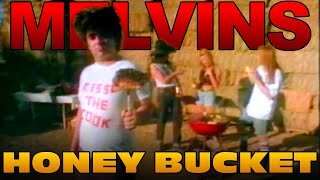 2:48
2:48
PUNKROCKUK1970s
1 day agoMelvins - Honey Bucket
12 -
 57:40
57:40
MattMorseTV
6 hours ago $6.73 earned🔴Trump just SHATTERED the RECORD.🔴
45.3K86 -
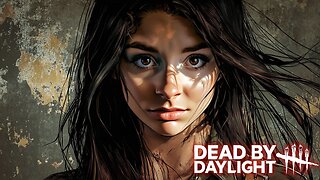 43:39
43:39
WickedVirtue
3 hours agoLate Night Spooky Plays
21.5K1 -
 2:04:02
2:04:02
Glenn Greenwald
6 hours agoTrump and Rubio Apply Panama Regime Change Playbook to Venezuela; Michael Tracey is Kicked-Out of Epstein Press Conference; RFK Senate Hearing | SYSTEM UPDATE #508
99.7K117 -
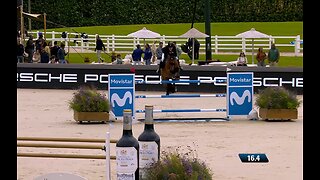 58:36
58:36
Total Horse Channel
8 hours ago2025 CSI3* A Coruña Porsche - Grand Prix
22.6K -
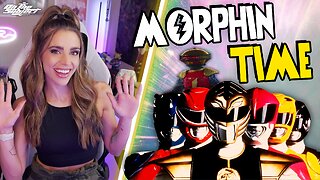 2:10:32
2:10:32
megimu32
4 hours agoOTS: Mighty Morphin Power Rangers & the 90s Movie That Defined a Generation
21.5K11 -
 1:14:53
1:14:53
Badlands Media
19 hours agoThe SITREP Ep. 128
39.5K9 -
 2:44:56
2:44:56
BubbaSZN
5 hours ago🔴 LIVE - FORTNITE WITH NEW KEYBOARD
14.3K1 -
 2:17:29
2:17:29
Mally_Mouse
5 hours agoThrowback Thursday! Let's Play: Cuphead
20.1K1 -
 LIVE
LIVE
StevieTLIVE
5 hours agoWarzone HYPE Duos with GloryJean
30 watching